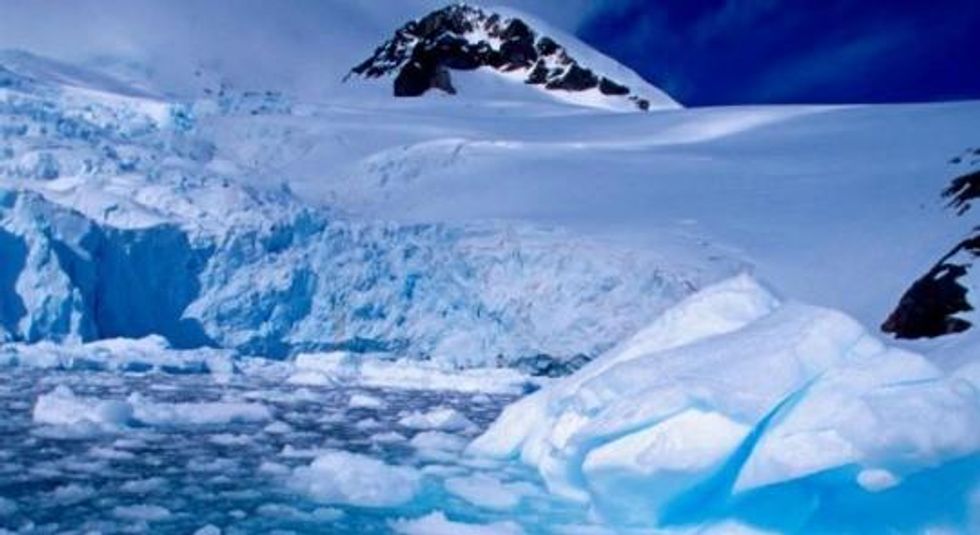A new assessment of expected sea level rise due this century reveals that leading scientists believe the cause for alarm is much greater than previously thought and concludes that a nearly full meter rise globally could send tens of millions of coastal inhabitants forced from their homes by 2100.
Researchers warn that if the new predictions come to pass, as many as 200 million people would have to leave low-lying areas and that these would include large populated cities in developed nations, not just vulnerable, less-developed nations like Bangladesh and remote island countries.
Significantly worse than forecasts made just six years ago by the Intergovernmental Panel on Climate Change (IPCC), the new conclusions were found by comparing data collected and estimates made by over two dozens experts on sea level increases. The findings--which if proved accurate would be 'catastrophic'--were published Sunday in the journal Nature Climate Change.
As The Daily Mail reports on the study's findings, the new estimates "are in line with other studies which have shown sea level rises are likely to be much worse than had been thought just a few years ago and that the rate of increase has speeded up in the last decade."
The Daily Mail continues:
Many big cities, including London and New York, have river or coastal ports and even small rises significantly boosts the risks of flooding from storms and tidal surges.
Flooding and the threat of inundation is likely, concluded the team, to force up to 187 million people to leave their homes. [...]
Arctic and Antarctic ice sheet melting is one of several contributors to sea level rises and is likely to make up an increasing proportion as the century progresses.
A recent study found that melting ice sheets now contribute to 30 per cent of sea level rises, compared to 10 per cent in the 1990s.
_______________________________




